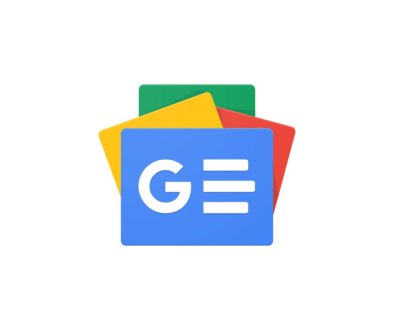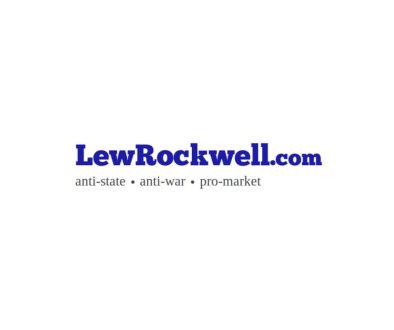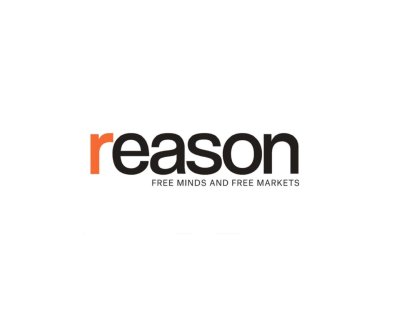Setting the Wayback Machine to 1995: “Cheap Speech and What It Will Do”: Books, Magazines, and Newspapers: Dealing with Information Overload
[This is an excerpt from my 1995 Yale Law Journal article “Cheap Speech and What It Will Do,” written for a symposium called “Emerging Media Technology and the First Amendment.) Thirty years later, I thought I’d serialize the piece here, to see what I may have gotten right—and what I got wrong.]
Opinion Articles: With opinion articles as with music, we’ll soon have many more options than most consumers will want to slog through. There’s something valuable-as well as limiting-in the fact that your daily paper offers four op-ed pieces rather than forty thousand.
But as I noted in the music discussion, information overload isn’t a new phenomenon. There are far more books than any consumer can personally browse, and yet we’re quite happy with this, and don’t clamor for less selection. We generally prefer to go to bigger bookstores rather than smaller ones, even though smaller ones have done some extra preselection for us.
True, we partly rely on the screening done by publishers, who’ll at least have rejected the total garbage, but we also rely on reviewers, word-of-mouth, our familiarity with particular writers and artists, the possibility of browsing, and advertising. These mechanisms will still exist for the new media, even if publisher selection doesn’t. People will still read reviews and hear about good items from friends. People will also be familiar with ex
Article from Reason.com

The Reason Magazine website is a go-to destination for libertarians seeking cogent analysis, investigative reporting, and thought-provoking commentary. Championing the principles of individual freedom, limited government, and free markets, the site offers a diverse range of articles, videos, and podcasts that challenge conventional wisdom and advocate for libertarian solutions. Whether you’re interested in politics, culture, or technology, Reason provides a unique lens that prioritizes liberty and rational discourse. It’s an essential resource for those who value critical thinking and nuanced debate in the pursuit of a freer society.



